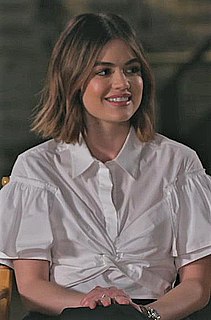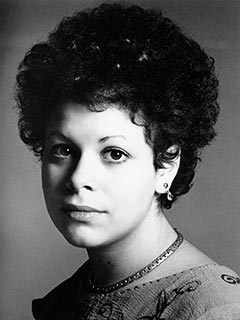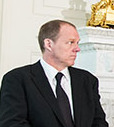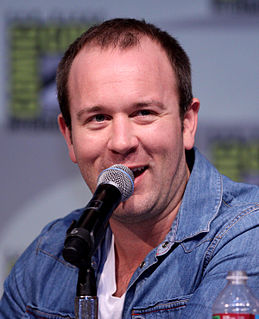A Quote by Conor Oberst
In a way, to have whatever people talk about as "crossover success," I think it means you start making bad music. I mean, when I'm flipping through the channels and see the VMAs or something, I don't really see any music there.
Related Quotes
I think in London - and I don't wanna offend anybody in America, but this is a real statement - they still have the right approach to making music. In the U.S., people see it as a way to make money; they see it as a means to get out. It's a hustle, which is great - any way you can provide for your family that's legal is fantastic.
I think any information about any type of art form, it's always the right time. But since the last one, I could see there were many things about the culture of DJing that we don't really talk about. We don't really look at how the music is made, how it's conceptualized, how it's put together. We talk about the equipment and the software, but we don't talk about the reasons why we put the music together in the first place.
I'm from Louisiana, and that's where I got my start, in Cajun music. There's a huge music scene down there centered around our culture. Those are people that are not making music for a living. They are making music for the fun of it. And I think that's the best way I could have been introduced to music.
They all trying to say something with music that you can't say with plain talk. There ain't really no words for love or pain. And the way I see it, only fools go around trying to talk their love or talk their pain. So the smart people make music and you can kinda hear about it without them saying anything.
For whatever reason, the success still blows my mind - that I'm able to talk to people about the music I've written. I always felt like there was something there because you don't put out music unless you have a sense that people will maybe like what you're doing or you're standing for something artistically. I don't mess with that. It's more about just music and trying to keep the integrity, I guess.
I love '80s happy music. I love Cyndi Lauper and Madonna, and the idea of making music that's about people celebrating fun. I spent my late adolescence in New York and I used to go to a lot of gay clubs. The music there was always just about love and connection and celebrating life. I think, for people going through something really hard, to go to a place where you can let loose and listen to music as a distraction, that's about a better place, a better way of life - that's where all the attraction lies.
The acting part of me is not me. The music side is who I really am and what I want to talk about. It'll be hard for people to differentiate those different sides but I think it's possible. Once the music is out there, people will start to realize how serious I am about it rather than, 'Oh god, another actress making an album.'
I think whatever you believe in affects whatever you express, whatever you create. It shapes your morality in some way. But I don't think that's something that you have to shove down people's throats. I'd rather keep it in the background, and I'd rather people came to the music in an unprejudiced way. I'm glad, in a sense, that most people don't know about me, what I do, much. I'd rather they hear the music, and then say, "I wonder what kind of person created this."
I'm really good at making teen angst romantic. I'm really good at dealing with heartbreak and things like that and making it into this whole experience. But there's no way to make someone-on-the-Internet-said-something-mean-about-me into romantic angst where you can listen to music and cry or whatever.
I think there's just been this "thing" that's developed, this way that we have of talking about our music that alienates people. And I fall into that too! I learned that in graduate school. You just talk about your music in a specific way, and that separates people from you. But some composers like that. Schoenberg liked that. He wanted to feel that he was making music for an elite few. That's fine for him, but I want to set myself free from that sort of attitude.
I think when you hear good music or the experience you have to the music which makes you remember it, it's so priceless. Really, it's the same thing for us when we make it, to actually see the idea come together to be something that's special and then to see people kinda degrade it, it is a little discouraging.
Music is what is going to save me," "On the bad days, when I have to look at the cold, hard facts of life, I see that this is not the music business I came up in and I have to be very, very objective and detached and say, 'what's good about it and what's bad about it?' Mostly, I'm finding it good that it's not the same old music business, because the music business I came up in really didn't advance anything I was doing, and I don't think it was particularly kind to a lot of artists.
I think when I start out writing, I always try to write the version of the movie that I want to go see. I don't mean it in a way that ignores the audience, but I really set out to make a movie that I want to see and that, hopefully, other people will want to go see it. So whatever's amusing to me, I guess, I throw it all in there.
I think Berklee College of Music had the highest dropout rate of any college - or pretend college - in the United States. Because I think most people think they're going to be in Green Day or whatever, and you actually have to learn about music you don't care for, too. I mean, I cared for a great deal of music; it's just that I didn't want to submerge myself into the well of fusion jazz.



































